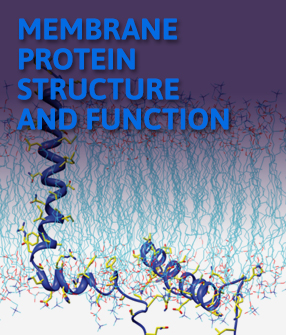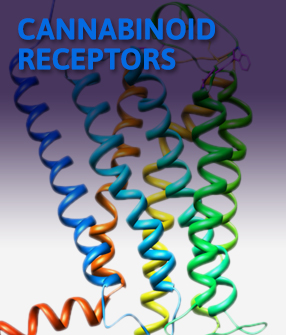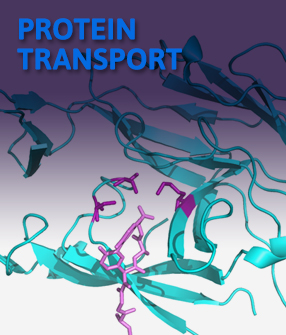ABOUT
Our laboratory is involved in studies aimed at probing the physical properties of proteins which enhance membrane-associated biological processes. These include (1) signal peptides which facilitate protein transport; (2) segments of proteins which promote and stabilize membrane protein assembly; and (3) the cannabinoid receptor, a member of the G-protein coupled receptor class. Our goals are to elucidate the molecular mechanisms of membrane protein folding, protein trafficking, and signal transduction. In several instances the protein-protein interactions, and key structural motifs, that are critical for function within a lipid environment are being examined. To probe these issues, we employ biochemical, spectroscopic, and cell biological approaches. Our expertise includes the chemical synthesis and purification of hydrophobic peptides, and the production of hydrophobic proteins and their mutant forms via genetic manipulations for in vitro and in vivo analyses. Visit our publications link at left to learn more about our research projects.
NEWS
Ashley Hine, PNB honors student in the Kendall Laboratory, has been awarded the Honors Award in Life Sciences in recognition of her outstanding accomplishments at the University. This award is conferred on graduating seniors who have conducted honors interdisciplinary research related to the life sciences, have an excellent academic record, and have provided superb presentations in the biology research colloquium.
Jonathan Choiniere, a PNB graduate student in the lab, received a 2019-2020 Neuroscience Fellowship.


